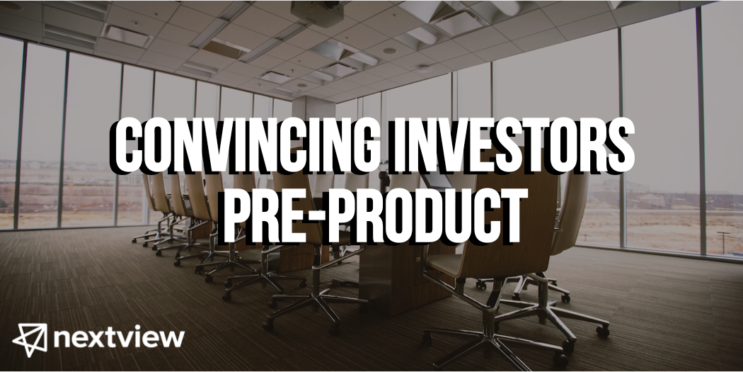While it’s often held that the early-stage investing market has generally fared better in this funding slowdown of the last 18 months or so, things haven’t actually been very good for pre-seed startups trying to raise money.
Thankfully, it appears the pre-seed market is starting to recover, per new data from Carta, which provides cap table management software for startups.
More: 5 founders discuss why SAFEs are better for early-stage and bridge rounds
The news is not all good, though — for founders, at least. The data indicates investor-friendly terms are becoming more common, which is not entirely unexpected. As the venture market has cooled and investors became pickier, founders have found it more difficult to bargain for clean term sheets or aggressive valuations.
 So, what can founders expect if they’re looking to raise their first round of capital these days? Let’s find out.
So, what can founders expect if they’re looking to raise their first round of capital these days? Let’s find out.
Shameless plug: The Builders stage at Disrupt this year is going to have a lot of related material on fundraising and scaling startups. Come hang out!
The good, the bad, the pre-seed
Altogether, pre-seed startups that use Carta raised $972 million in the second quarter, 17% more than they did in the first quarter. That kind of recovery feels material, but the difference is stark when you consider the fact that funding to pre-seed startups remained above the $1.40 billion mark throughout the first half of 2022.
(Note that Carta’s customers are mostly based in the United States, so this data primarily reflects trends in the U.S.)
Still, it seems fewer deals were closed in that period, marking the fourth straight quarter of declines in the number of pre-seed deals: Carta recorded 1,608 pre-seed rounds in the second quarter, down from 1,820 in the first quarter.
More dollars with fewer rounds appears to be the story of the pre-seed market in these times. Now let’s get into the weeds.
https://techcrunch.com/2023/08/15/the-investors-have-the-high-ground-luke/





